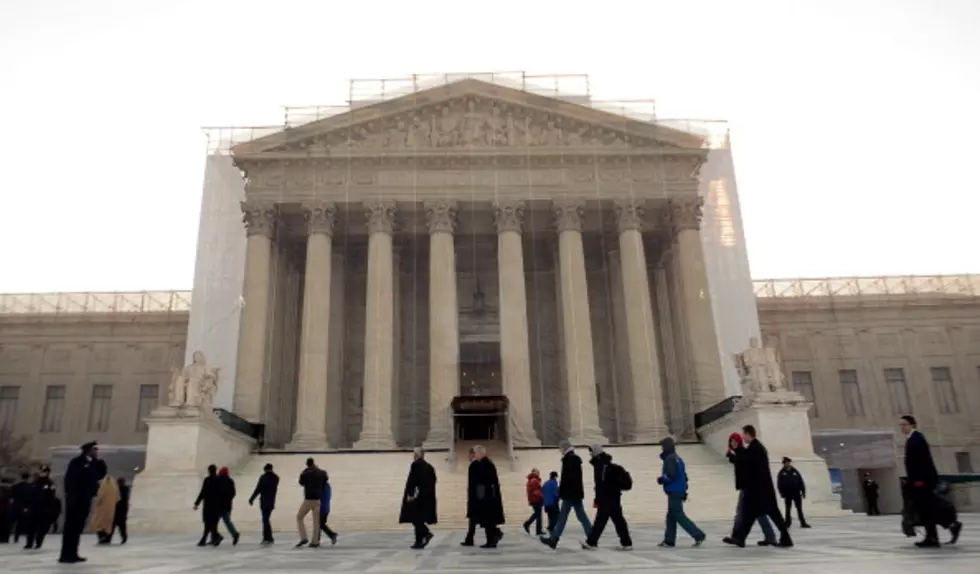
Is a Tomato a Fruit or Vegetable? Only the Supreme Court Knows For Sure
This week the Supreme Court of the United States will be handing down some landmark decisions.
The Defense of Marriage Act, Affirmative Action, and Gay Marriage have all been presented to the court and decisions are imminent. As life changing, as these decisions will be, they pale in comparison to other decisions by previous courts. Here are a couple of decisions that clear up any doubt why courts are so busy.
Is a Tomato a Fruit Or a Vegetable?
Botanically speaking, the good old, BLT tomato is a fruit. It might not seem too appetizing to chop up in throw in with your oranges and banana fruit salad. But who cares about accurate definitions when you are talking about customs regulations.
This brings us to the case of Nix vs. Hedden, 149, US 304 that came before the Supreme Court in 1893. Not only did the Supreme Court decide that the tomato was a vegetable rather than a fruit, their decision was unanimous.
The court held that the Tariff Act of 1883 used ordinary common meanings of words rather than their strict botanical definition. Since most people refer to the tomato as a vegetable the court affirmed the lower court ruling. So as far as customs is concerned the tomato is classified as a vegetable.
Are Dolls Toys or Are Toys Dolls?
Just to drive home the point that US law is often beyond human comprehension, it seems there is a difference on the amount of tariffs between what is defined as toys and what is defined as dolls. Toys have a lower tariff rate than dolls.
Toy Biz vs. United States was heard before the United States Court of International Trade in 2003. Toy Biz argued that their Marvel Comics, action figures that included the "X-Men" and "The Fantastic Four" were by their very definition “nonhuman creatures.”
After her examination of more than 60 Marvel action figures, Judge Judith Barzilay ruled in favor of Toy Biz that the action figures were nonhuman — mutants actually. Case closed.
Some Final Thoughts
What I took away from my examination of these two cases is that government regulations are often our worst enemy. Both of these cases found themselves in court for two reasons.
First, the definitions lawmakers used caused the problem in the first place. Giving fruits and vegetables differing definitions and costs brought people to court. And the same is true of the case of the action figures. Dolls are priced one-way toys another.
Does it make any sense at all why one should have twice as much tariff as the other? Was congress terrified of a glut of toys or dolls on the American public? It’s not beyond reason that they might have made this two sizes fits all decision at five o’clock on a Friday and everyone just said, “OK dolls double, can we just get out of here?”
I’m sure glad I’m growing my own tomatoes. Guess I’ll make a fruit salad.
More From KMMS-KPRK 1450 AM





![[POLL] Will You Got Back to Restaurants and Bars When They Open?](http://townsquare.media/site/8/files/2017/04/Adam-Berry.jpg?w=980&q=75)
![[POLL] Should wearing a mask in public be mandatory?](http://townsquare.media/site/8/files/2020/04/GettyImages-1213079528.jpg?w=980&q=75)

![[POLL] Will You Tune Into The Tom and Shane Saturday Show?](http://townsquare.media/site/8/files/2020/04/TomShaneFB.jpg?w=980&q=75)
